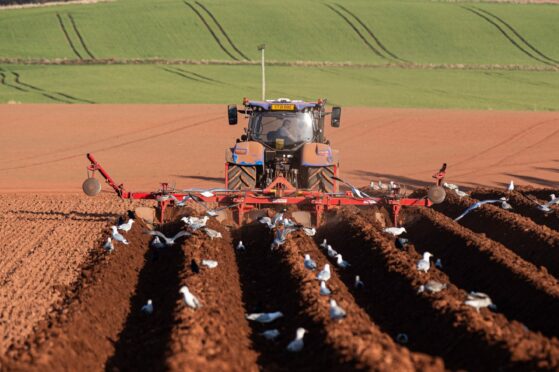EU scientists say that while most areas of Europe enjoyed good rainfall levels over the past few weeks concerns remain around drought conditions in northern Italy and the Iberian Peninsula.
Spain, over the past week, has reported record April temperatures of close to 40 C, which would not be expected before July in a normal year.
While rainfall improved soil moisture levels, volumes in some countries delayed crop planting.
The regions affected by drought also have a problem of reduced water availability in reservoirs, because of last year’s drought and reduced snow melt from a warm winter.
Planting delays for potatoes and spring barley affected the British Isles, northern France and the Benelux countries.
This has left the EU’s latest yields forecasts marginally ahead of the five-year average for all cereals – up by three per cent – but down by four per cent for barley.
The agriculture committee of the European parliament has a agreed the need for a new EU plan to ensure food security and independence. This will go to the full parliament for a vote in June.
The MEPs said the twin impacts of Covid and the war in Ukraine exposed structural problems in European agriculture. They are calling for a strengthening of food security and less reliance on imports.
The report backs the EU holding strategic food stocks. MEPs say an EU protein and feed strategy should be a part of this plan, so that farmers become less dependent on imports.
The report advocates the use of new breeding techniques to make crops more resilient and reduce the use of synthetic fertilisers and pesticides. Also called for is more encouragement for precision farming on smaller farms, reduced food waste and continued financial support for the fallout from the war in Ukraine.
On trade deals he report calls for food and agricultural products to be granted a dedicated chapter in agreements so that reciprocity is guaranteed. MEPs have also backed the continuing suspensions of all tariffs and duties on Uranian imports.
The European Commission has responded to citizen’s initiative petition by suggesting it will introduce tougher legislation on animal welfare.
The petition, with more than the requited million signatures, called on Brussels to commit to ‘end the cage age’.
In response the Commission’s has suggested wider welfare legislation that would include the called for end to cages and beak trimming along with action in other areas including pig castration.
The most controversial suggestion is for tougher limits on livestock transport times and conditions. This has long been called for by the animal welfare lobby, but most attempts have proved ineffective.
Critics say Brussels has a track record for tough policing of countries staying largely within rules, while turning a blind eye to those with the worst track record for implementation.
If legislation is introduced it is likely to take a long time to have an impact, with a transition period of up to ten years suggested.
